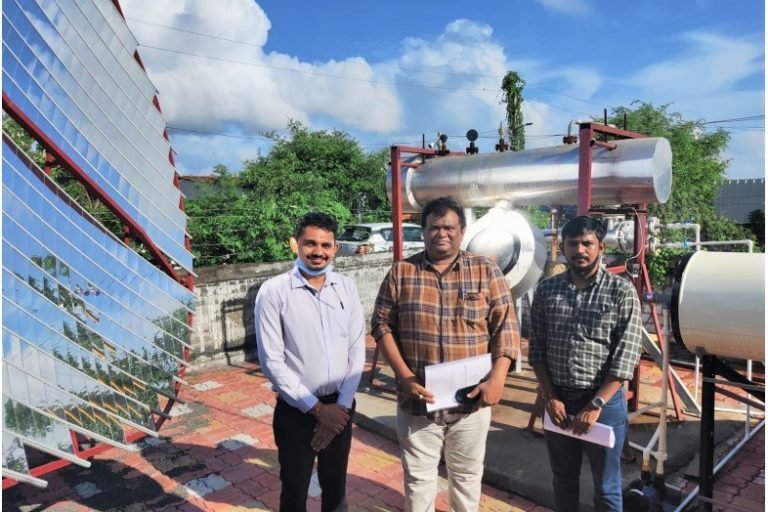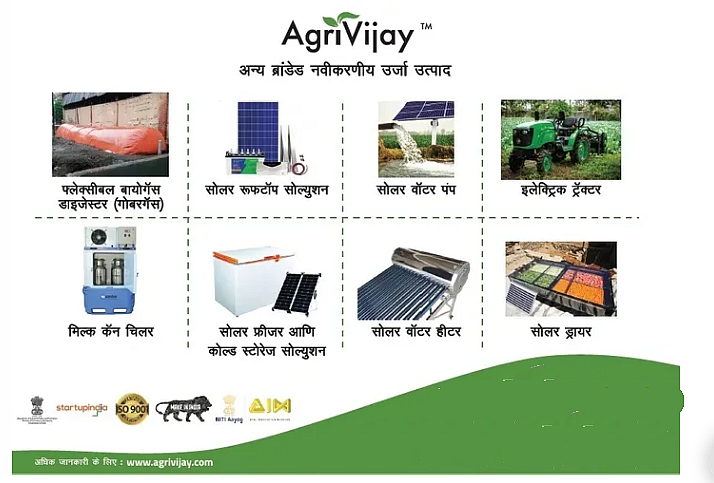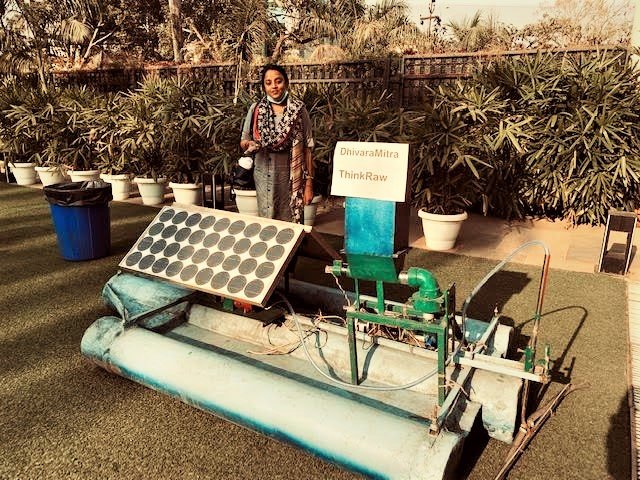In India, the discussion of renewable energy and the improvements it may bring is generally restricted to either major solar or wind projects or the reduction of per-unit tariffs accomplished via auctions. However, many entrepreneurs are quietly creating technologies for the agricultural industry and rural families behind the scenes of these large-scale initiatives.
Solnce Technologies, for example, released their Sol-Evo desalination plant in 2018 which runs on renewable energy and is converting 1500 litres of saltwater to drinkable water daily using its solar thermal plant.

The National Accreditation Board for Testing and Calibration certified the ground-breaking technology (NABL). In 2020, the company earned the United Nations Development Program’s Innovations for Sustainable Development Goals award (SDG).
Another firm, Pune-based AgriVijay, is using solar energy to assist farmers in rural Maharashtra with agricultural tasks. Solar energy also helps to reduce power expenses, which may result in total savings.

The firm creates solar pumps, biogas digesters, and other solar-powered agricultural equipment with the goal of resolving agrarian challenges in the state’s drought-prone Vidarbha and Marathwada areas. The firm was nurtured at the NITI Aayog-led Atal Incubation Centre in Baramati, Maharashtra.
In 2016, another startup, ThinkRaw, began assisting farmers in Kalahandi (Odisha) and other regions of the nation by merging information technology and renewable energy in order to increase productivity, reduce losses, and reduce expenses.

Their New Delhi-based firm created Krishi Dhanu, a sustainable energy product that distributes solid fertilizers consistently via the use of a solar-powered machine while avoiding injury to the individuals engaged in such job.
India, beside the United States and China, has the third-largest startup environment, according to a research conducted last year by the Hurun Research Institute.
Reference- Hurun website, ThinkRaw website, Money Control website, Times Of India, Mercom India






